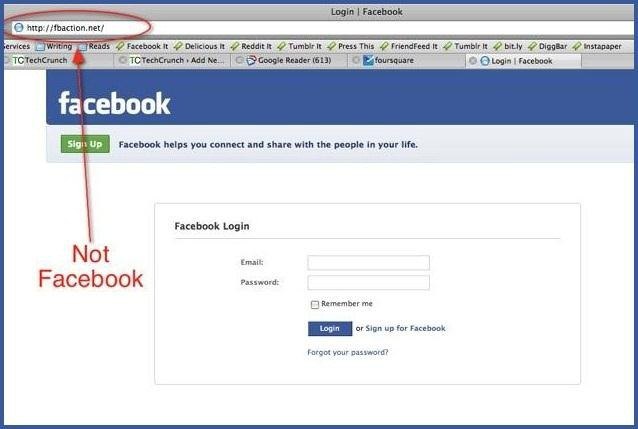How to Protect Yourself from Those who are Cracking Facebook Passwords
4 min. read
Updated on

Facebook is one the most popular social networking websites, so I bet that you are also one of those 500 million active users from all over the world.
But are you aware of the fact that many hackers are continuously involved in hacking these Facebook accounts? They end up knowing when we’re home or not and for how long, what we like and what friends we have, so it’s easier than ever to steal our identities.
In such a case, how to protect yourself from those who are cracking Facebook passwords? Is there something to do rest assured that you and your private life can always remain like that?
Though this article I want to unveil some hidden tactics of these malicious hackers, along with some simple ways to protect yourself:
How to Protect Yourself from Those who are Cracking Facebook Passwords:
- Create a strong password! Your passwords should be eight or more characters in length and they should have digits, special characters, lower case, as well as upper case letters; don’t forget that you should have at least three main passwords for the Internet. One for your main email address, another one for your recovery or backup email address and even a third one for other websites that you might be using such as Facebook, LinkedIn, Twitter and not only;
- On Facebook, you should hide your Email Address by going to Edit Profile>Contact Information and clicking on the icon beside your email address; then, check the Only Me option;
- Do not hesitate to change your primary email address to another one by going to Account Settings>Email. From there, you can easily change your primary email to the new one (known only to you) and remove your previous email address;
- When in Account Settings, check ‘Secure browsing’ and ‘Send me an email when a new computer or mobile device logs into this account’ and then, click Save;
- Even more, you have to learn how to prevent yourself from being phished. In case of not already knowing, phishing seems to be one of the easiest ways to trick users into giving out their login credentials. Don’t say that it will never happen to you until knowing how simple is to be tricked! All that the hacker does is setting up a webpage with a similar design to that of the Facebook homepage and attaching a server sided script to track the username and password entered. The password is stored in a log and that’s how the magic takes place! There are also various spam Facebook apps, like those that are promising to tell who viewed your Facebook profile. Don’t use them as they are there for a different purpose! They automatically post links to phishing websites, so avoid clicking on suspicious links and as strange as it might sound, always check the URL in the address bar before signing in. And if it ever happens to get phished, it’s your duty to report the website so that others may get a warning in time;
- Have you ever heard of a Software Keylogger? This is a program that can record each stroke on the keyboard that the user makes. The software is downloaded manually on the user’s computer and then, it automatically captures keystrokes as soon as the computer is used. There is also the Hardware Keylogger that you should know about. This one works the same way as the Koftware keylogger, excepting the fact that a USB drive with the software must to be connected to the computer/PC. If that’s no problem, the USB drive will save a summary of the keystrokes, so you definitely have to learn how to protect yourself of such a danger. For these situations, my advices are:
- to install a password manager as long as Keyloggers has the ability to steal only what you type. As you know, password mangers automatically fill out important forms, so you don’t have to type a thing and that’s how the problem is solved;
- to install a good antivirus and to remember that you must update it frequently;
- to use a firewall as this will monitor also your computer’s online activity and inform you of anything suspicious;
- to change passwords frequently. This makes any previous passwords useless!










User forum
0 messages